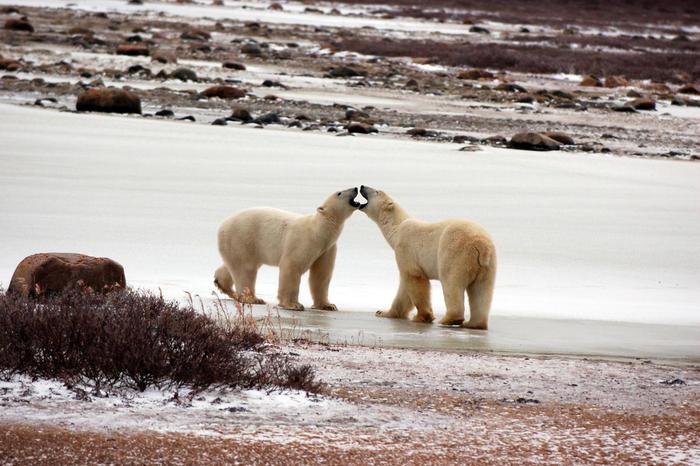(ANSA) - ROME, NOV 6 - From mammals to birds and gianphibians, many species around the world have already seen 18% of their habitat disappear.
A figure that could increase by 23% over the next 80 years, due to climate change and areas that are dedicated to agriculture to meet the growing demand for food.
This is indicated by a study published in the Nature Communications magazine by the University of Cambridge.
The researchers, led by Andrea Manica, have analyzed the geographical changes of 16,919 species from 1700 to today, in order to make predictions on possible changes up to 2100, under 16 different climatic and socio-economic scenarios.
"The habitat size of nearly all known birds, mammals and amphibians is shrinking, mainly due to land conversion to expand agricultural and urban areas," notes Robert Beyer, first author of the study.
Some animal species are more affected than others: 16% have already lost more than half of their historical natural extent, and could reach 26% by the end of the century.
Tropical areas are especially at risk, where the geographic extent of the species has recently shrunk significantly.
While much of agricultural development up until 50 years ago was concentrated in Europe and North America, in recent years large tropical areas have been devoted to agriculture, clearing rainforests to make way for palm oil plantations in Southeast Asia and pastures in Southeast Asia. South America.
"Ichropics are 'hotspots' of biodiversity, with many species having a small extent. If one hectare of tropical forest is converted to agricultural use, many species will lose more habitat than in Europe," Beyer continues.
"Whether this trend continues, accelerates or is stopped - adds Manica - will depend on global carbon emissions and the future choices that will be made by our societies".
(HANDLE).

